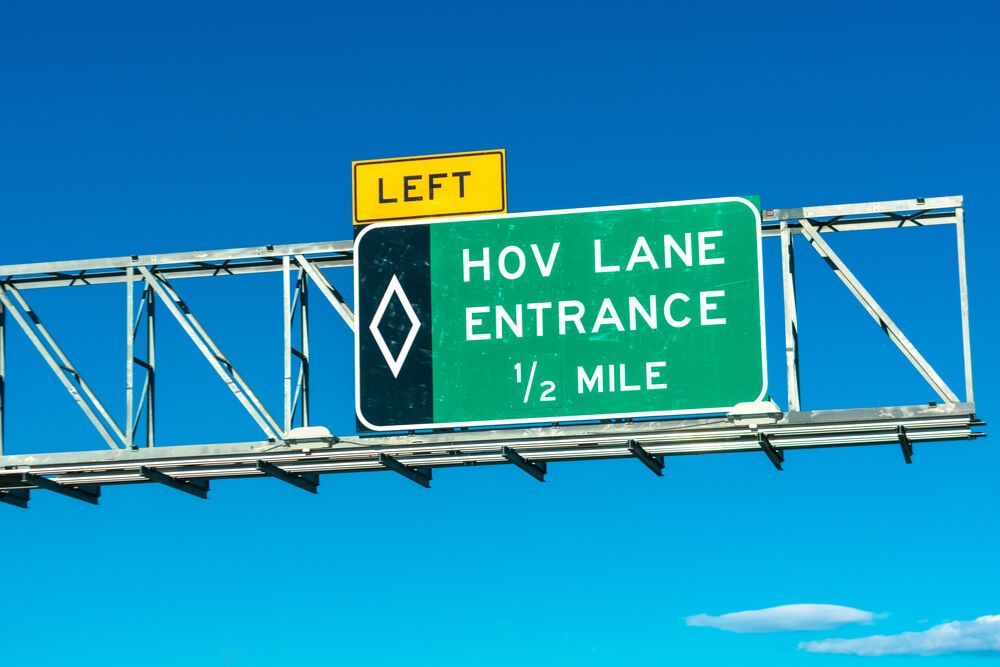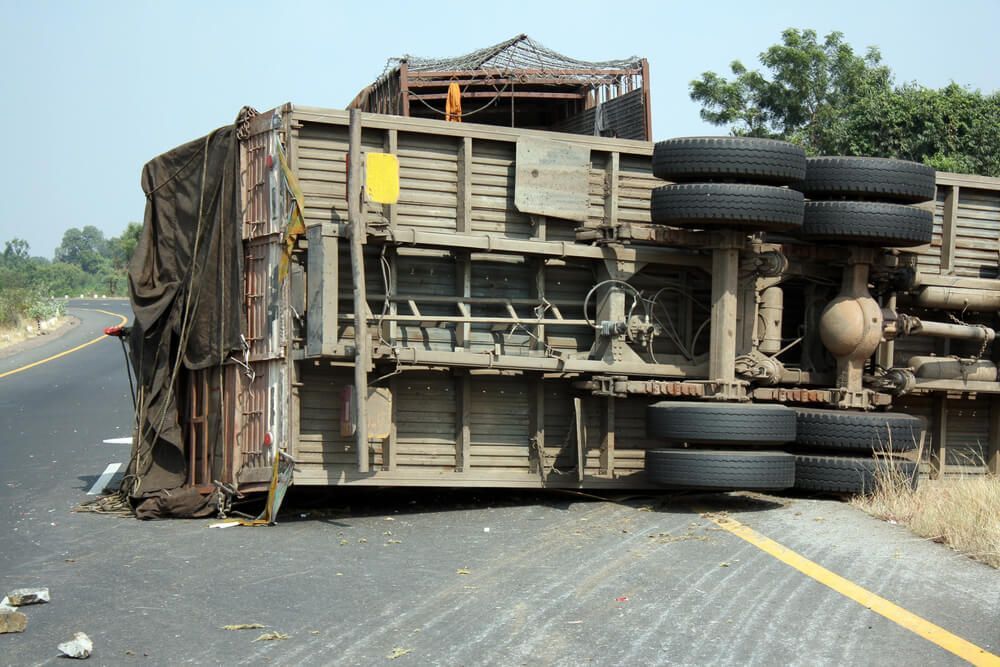Understanding the Discovery Process in a Lawsuit
Recent Blog Posts
Understanding the Discovery Process in a Lawsuit

Most people don’t think about how lawsuits work until they find themselves involved in one. Whether you’re pursuing a case after an injury or defending yourself in court, the legal process can be overwhelming. One of the most important stages to understand is discovery. If you’re trying to make sense of the legal system, getting familiar with the discovery process in a lawsuit is a good place to start because it’s where a lawsuit really takes shape.
What Is the Discovery Process in a Lawsuit?
The discovery process is the stage of a lawsuit where both sides gather and exchange information related to the case. Its purpose is simple: to make sure that no one is blindsided at trial. Instead of keeping evidence hidden, discovery gives each party the opportunity to review the facts, documents and testimony that the other side intends to use.
What Happens During the Discovery Stage?
Discovery isn’t a single event, but a series of steps designed for parties to ask questions and confirm details before trial. By the end of the discovery phase, both parties should have a much clearer picture of the facts at hand.
Document Exchanges
Each side can request documents that are relevant to the case. This might include:
- Medical records
- Contracts
- Emails
- Text messages
- Business records
- Photographs
Collecting and producing these documents is one of the first significant steps in a lawsuit’s discovery process because it gives both sides the foundation they need to build their case.
Interrogatories
Interrogatories are written questions that one side sends to the other, requiring written answers under oath. Interrogatories are used by both parties to clarify details and lock in statements that can later be compared against testimony.
Depositions
A deposition is an out-of-court interview where attorneys question witnesses or parties under oath, with a court reporter transcribing the session. Depositions allow attorneys to evaluate the credibility of the person testifying, gather details and prepare for potential trial testimony.
Requests for Admission
Requests for Admission are statements that one side asks the other to admit or deny in writing. For example, a party might request the other side to attest that a document is authentic. This narrows the issues in dispute and saves time at trial.
What Happens After the Discovery Phase?
Once the discovery process wraps up, both parties must decide on their next move. Settlement is only one of the options. Depending on the case, the following steps may come into play:
- Pretrial Motions: Attorneys may file motions to limit evidence, dismiss parts of the case or even seek summary judgment if the facts clearly support one side.
- Settlement Discussions: With the facts on the table, attorneys often revisit settlement talks to see if a fair resolution can be reached.
- Mediation or Alternative Dispute Resolution: A neutral third party can help the parties reach a compromise without the need for trial.
- Trial preparation: If a settlement isn’t possible, both sides begin preparing for trial by organizing witnesses, exhibits and legal arguments.
No matter which direction the case takes, having an attorney by your side is valuable. A lawyer can explain your options and guide you through the next stage with confidence.
Do Most Cases Settle After Discovery?
While some cases still proceed to trial, the majority of lawsuits settle after the discovery phase rather than going to trial.
Why? Because once discovery is complete, both sides usually have a strong sense of the evidence. They know the strengths of their own case and the weaknesses exposed by the other side. At this point, the uncertainty that existed at the start of the lawsuit has been reduced.
For many clients, the risks and costs of trial make settlement the more practical choice. Settlement can save time, reduce legal expenses and give the parties more control over the outcome.
How Long Does Discovery Take in a Civil Case?
The timeline for the discovery process varies, but it often lasts several months to more than a year. Because discovery makes up a large part of the litigation process, it can significantly influence how long a lawsuit takes overall. The length depends on how complex the case is, the number of parties involved and how much information needs to be gathered.
For example, a straightforward car accident case may have a relatively short discovery period, while a complicated medical malpractice lawsuit will usually stretch much longer. Courts set deadlines to keep cases moving, but delays are common if parties need extra time to obtain records or conduct depositions.
It’s also possible for discovery to occur more than once. Sometimes new evidence arises, or a judge allows additional discovery as the case develops. This flexibility ensures that essential facts aren’t left out.
Is Any Information Always Protected From Discovery?
While discovery is broad, it does have limits. Certain information is considered privileged and cannot be forced into disclosure:
- Attorney-Client Communications: Anything you discuss with your lawyer about your case is protected.
- Work Product: Notes, strategies and other documents prepared by attorneys in anticipation of litigation are generally shielded from discovery.
- Sensitive Information: Courts may protect highly personal data, such as medical records unrelated to the case or trade secrets, unless they are directly relevant.
These protections exist to balance fairness with privacy and to ensure the legal system doesn’t overreach in gathering information.
Don’t Face the Discovery Process of a Lawsuit Alone
The discovery process in a lawsuit is designed to uncover the facts, but it can also feel invasive, complicated and stressful without the proper guidance. With the support of an experienced legal team, discovery becomes an opportunity to strengthen your case to recover fair compensation for your damages.
At Sargon Law Group, our attorneys handle every step of discovery with experience and attention, from gathering evidence and interviewing witnesses to challenging the tactics of the other side.
Don't try to manage discovery alone. Contact Sargon Law Group today for a free consultation and learn how our personal injury lawyers can protect your rights and guide you toward a successful outcome.





